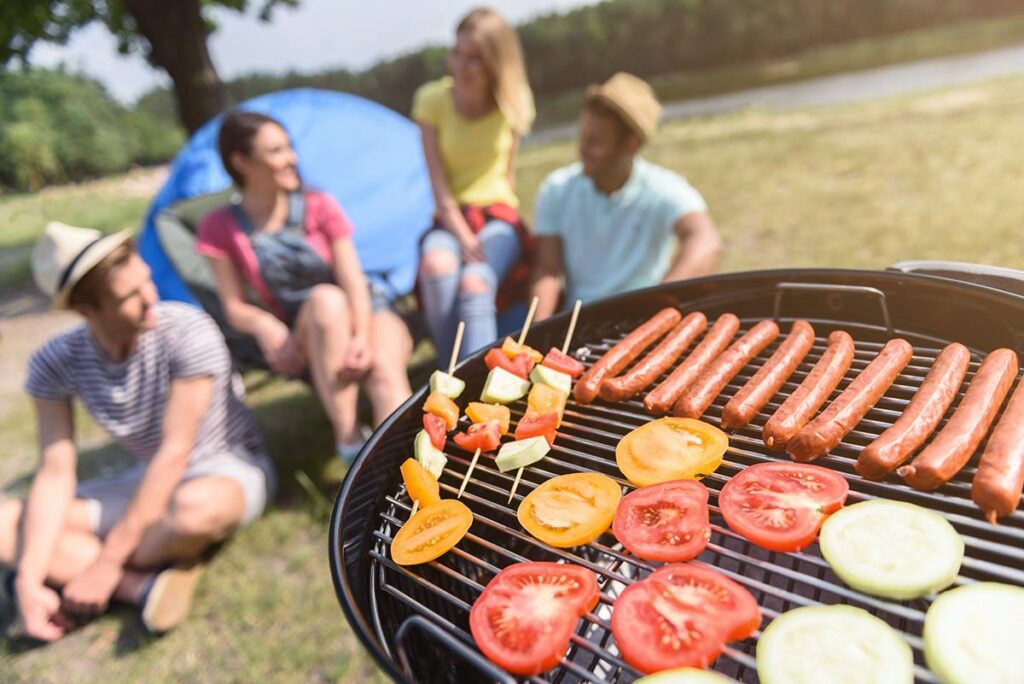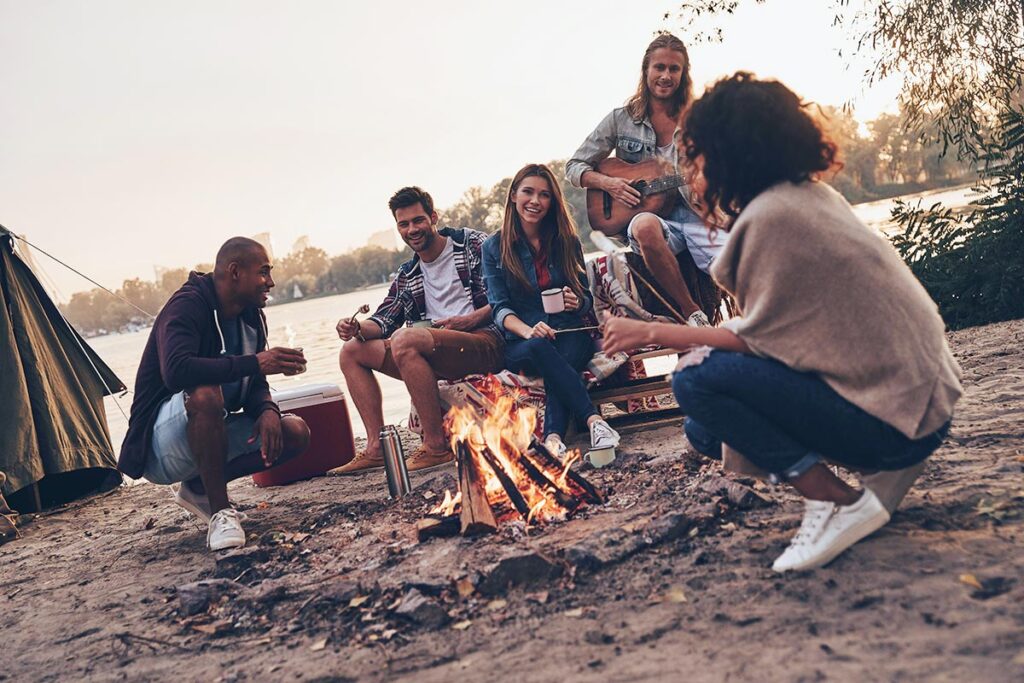Moving into addiction recovery is a huge step for many. It often means committing to completely changing your life and for the better. Going to rehab and then moving into recovery means committing to building the next part of your life. That can be a lot of hard work, it can be one of the most terrifying things you’ve ever done, it can be rewarding, and it can also be boring.
Why’s that? Recovery is about building routine, building habit, learning to find joy in little things. And, for many of us, that means starting to do so before our brains have adapted to life without a constant flood of chemicals to make life exciting. It means avoiding sensation seeking, avoiding drugs and alcohol, avoiding love interests for the first part of our journey, and instead finding joy and peace in our day to day lives. And, that can be pretty boring at first.
Luckily, there are a few things you can do about it.
Understand Why You’re Bored
People with substance use disorders are often accustomed to risk-taking and reward or sensation-seeking behavior. That means using substances to self-soothe to get rid of negative emotions and stress, it means overspending money to chase excitement or fun, it means casual sexual encounters, it means speeding or engaging with illegal or risky activities, it means gambling, it means taking risks where you shouldn’t.
When you move into recovery, you’re committing to dropping most of all of that. You’re not going to react to emotions, even negative ones, by numbing them away or replacing them with drug-induced euphoria. You’re not going to chase risk and thrill. You’re going to invest in yourself and build a life worth living.
The thing is, you might need to build new habits and your brain might not be ready for them at first.
- It takes 3+ months for the brain to heal dopamine and serotonin production so you can experience pleasure, happiness, and motivation, in the same fashion as a person who has not had an addiction. This means you’re more likely to experience nothing in instances where a healthy peer would experience joy or happiness. For some people, that takes 14 months. This means you’ll need extra support and coping mechanisms in place for more than a year.
- Most people in recovery are experiencing social isolation. This means you don’t have many friends and you might be estranged from friends and family. You’ll want to remediate that, but you can’t go hang out at bars and you also don’t want to get to know people purely on the basis of who you are in recovery. Joining a sober home, going on sober activities like group walks or hikes, and joining sports teams can be great ways to balance that out.
- You’re used to a roller coaster. Highs are high when you’re up and the lows are even lower. When you go into recovery, you’re working to level that out. That means you’ll miss the contrast, you’ll miss the peaks, you’ll miss the euphoria. And that can feel pretty boring. But, as your brain adapts to healthy, it will start to feel good, and stability will feel better and happier than any spike ever will. People learning how to have healthy relationships after “rollercoaster” relationships experience the same thing, where they at first mistake stability for boredom, because there are no high peaks to contrast the low lows.
Chances are, you’re bored because of several of these issues. In the next step, we’ll look at what you can start doing about them.
Add Challenge
You don’t want to go back on the roller coaster of excitement and crashing, you don’t want to give up on all your hard work and relapse, so what should you do. You should challenge yourself. Challenge means adding something that is too hard for you to do that you can work towards. It means creating excitement in seeing how far you can get towards your goal and working towards it every day.
Depending on you and your interests that can be:
- How fast you can solve a Rubik’s cube
- How much weight you can lift at a gym
- Learning how to play a musical instrument
- Learning how to dance
- Putting in volunteer work
- Taking a class and consistently working towards learning a new skill
In most cases, you’ll want to take something you’re passionate about and work towards making it better. Have a passion project. If it overlaps with things that help with recovery, like your home, having a creative outlet, physical fitness and feeling good, or socializing, that’s even better. But, this is about you, and you want to challenge yourself.
Get Social Support
Recovery can be intensely isolating. Chances are, you have to cut a lot of friends and people you hang out with. Your relationship with your family might not be the best. And, people might expect you to be someone you aren’t willing to be anymore. That becomes even worse when people don’t understand that you’re prioritizing recovery. Your commitments to therapy, to making time to take care of yourself, and to your routine can be difficult to understand. That can be isolating. And, if you can’t talk to people about recovery, about struggling, about cravings, it can quickly feel like you don’t have anything in common with your friends. What does this mean? You should be hanging out with people and in safe environments. Some steps you can take include going to a sober living arrangement, where everyone you’re staying with is working to stay clean and sober. You can also go to sober bars and events, you can go to support groups, and you can look into making new friends inside the hobbies and things you like to do.
For example:
- Go to classes and pick up friends there. E.g., if you like chess, go to an intermediate or advanced chess class and meet people
- Go to sober groups like 12-Step, SMART, or RING, and meet people dealing with the same time and lifestyle constrictions you are
- Attend sober events and parties where you know everyone has the same goal of being or staying sober
- Make time to call or hang out with friends and family every day, so you have social contact even when you’re otherwise staying at home
Essentially, there’s a lot you can do to improve feeling bored because of social isolation.
Unfortunately, some aspects of boredom in early recovery are just things you’ll have to wait out. If you’re feeling it a great deal, you should talk to your therapist or counselor. They can talk about changes that are safe and healthy for you to make. E.g., you might add a morning walk into your routine to see new things, you might start adding more challenging workouts, etc. On the other hand, if you find yourself compensating for boredom with food, sugary drinks, taking risks, etc., it’s important that you talk to your therapist and as quickly as possible. Your brain and your body will take time to recover, it’s important that you have the structure and the resources to enable that. Good luck with your recovery.



